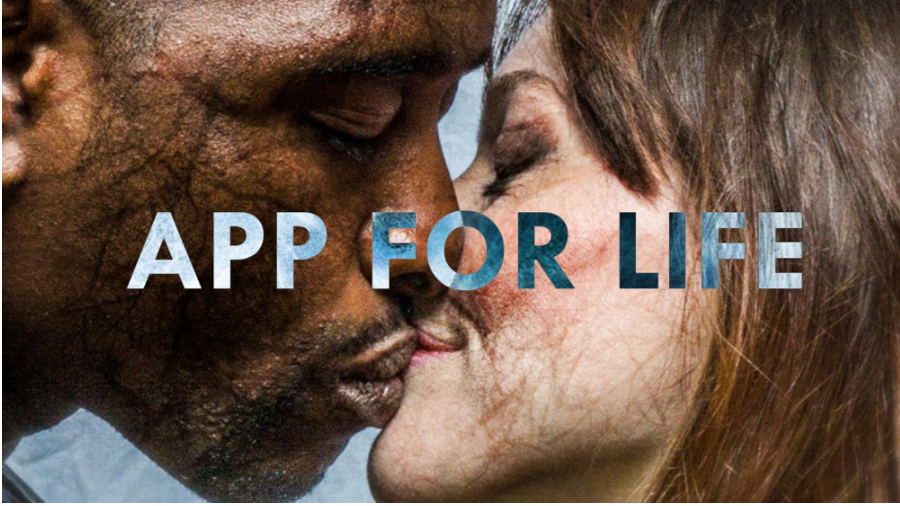Director(s): Luke Tedder
The year is 2060. Samantha (Vanessa Russell) works for a shadowy pseudo-government organisation that manipulates thoughts and memories, while her husband James (Adam J. Bernard, Thriller Live!, Dreamgirls and Star Wars: Force Awakens) is losing his mind over visions from a past he can't remember. Following the minor nuclear exchange, the world lies in ruin. To prevent future atrocities, society has seen fit to implant the surviving population with computer-brain interfaces; brand name Retina. Ripe technologies maintains a monopoly of these devices, assuming a pseudo-governmental role, which allows its employees to create a safer and fairer world. Negative thought has been removed, people are given careers and relationships they 'deserve' based on a Karma rating system. This world in which every citizen lives connected to Retina seems almost perfect, at least at the surface. But the digital utopia in which our characters live is not without its ghosts. As our story progresses the reality with which our characters surround themselves starts to unravel, as the true nature of the world surfaces. Personal privacy and relationships are at the heart of the film. In a world where personal interactions are mediated through technology, how does the nature of romance and friendship change? Is an authentic relationship even possible in such a world? In our film, we follow a natural extension of our increasing reliance on smartphones and the internet to it's conclusion. We will explore not only how technology affects how we communicate, but also how its misuse can manipulate not only thoughts and behaviors but even our collective memory as a society. We hope to deconstruct our relationship with technology and each other in the modern world, whilst speculating about the future of advertising, politics and the changing nature of personal interaction. We believe that this is a story worth telling, now, at this pivotal moment in the development of communications technology. The world of the film, where technology is used to manipulate the world population, which is a scary thought, but in today's society we all rely on technology and so much data is recorded from what we do on our devices that these ideas don't seem so far from reality. Creating a complex science fiction world for a micro-budget film is always a daunting task, but with our strong team, we are more than up to the challenge. For our film, we're going to focus on practical in-camera effects, blended with a smattering of computer generated visual effects. We will shoot the entire film on locations scattered around Berkshire, principally in the quiet english town of Ascot, to which many of the cast and crew are local, or have strong connections to. In recondition of this connection, the profits from this film will be entirely donated to a local charity: the Alexander Devine Children's hospice (Website: http://www.alexanderdevine.org), to aid building a new facility in the Berkshire area. We're planning to have the final cut of the film locked for December 2016 and released in January 2017, when we will organise charity showings at local venues. We also hope to enter this film into the festival circuit, before self distributing on DVD, Blu-Ray and digitally.







